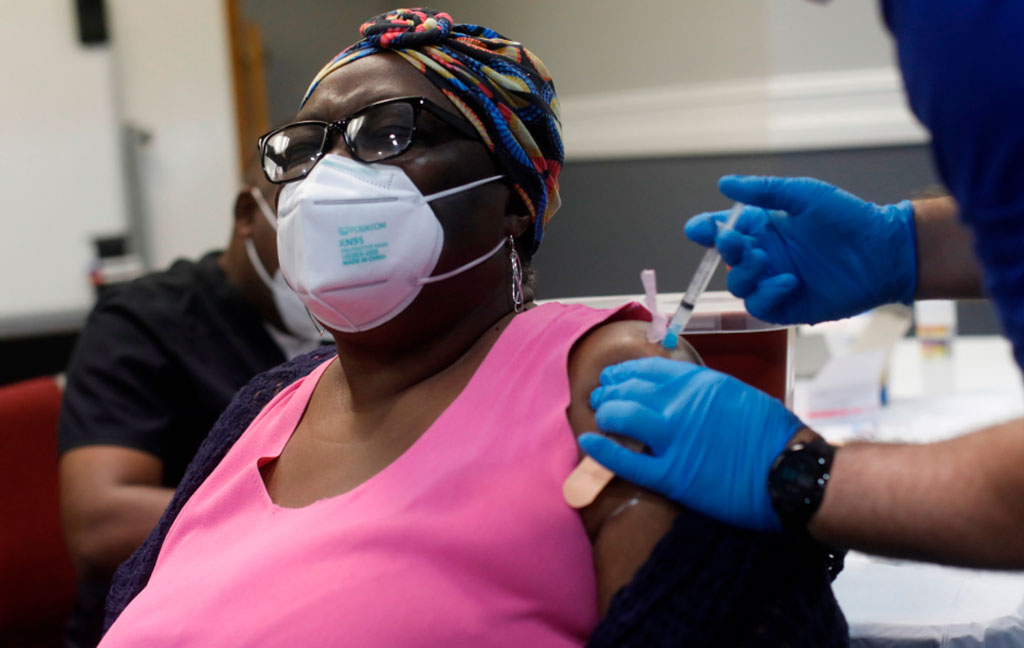COVID Vaccine May Cause False Positive Mammograms
By MedImaging International staff writers
Posted on 05 Apr 2021
A new study suggests that axillary adenopathy identified on mammography following coronavirus disease (COVID-19) vaccination is becoming more common.Posted on 05 Apr 2021
Researchers at Massachusetts General Hospital (MGH; Boston, USA) and Harvard Medical School (HMS; Boston, MA, USA) found unilateral axillary adenopathy that was ipsilateral to recent (prior six weeks) vaccination was on the rise. The adenopathy was benign, however, with no further imaging indicated if no lymphatic nodes were palpable six weeks after the last dose of vaccination. The researchers also suggested a pragmatic management approach for screening mammography, screening MRI, and diagnostic imaging work-up of breast symptoms.

Image: COVID vaccines can lead to enlarged axial lymph nodes (Photo courtesy of Getty Images)
For patients with palpable axillary adenopathy in the setting of ipsilateral recent vaccination, a clinical follow-up of the axilla is recommended. In all these scenarios, axillary ultrasound is recommended when clinical concern persists six weeks after vaccination. In patients with recent breast cancer diagnosis in the pre- or peri-treatment setting, prompt recommended imaging is encouraged, as well as vaccinating the patient in the thigh or contralateral arm. The recommendations are intended to reduce patient anxiety, provider burden, and costs of unnecessary evaluation of enlarged nodes in the setting of recent vaccination, and avoid further delays in vaccinations and breast cancer screening during the pandemic.
“Radiologists’ communication with clinicians and patients should stress the importance of avoiding delays in either vaccinations or recommended imaging tests to ensure their optimal care throughout the pandemic,” said lead author Professor Connie Lehman, MD, PhD, chief of breast imaging at MGH. “Our practical management plan extends the impact of our recommendations to the full spectrum of patients having imaging tests after vaccination. Advanced planning can support our patients to feel confident and safe to receive their vaccinations as well as undergo recommended imaging in their usual care.”
Clinically detected axillary and supraclavicular lymphadenopathy was reported in 1.1% of the Moderna COVID-19 vaccine recipients, and in 0.3% of Pfizer-BioNTech COVID-19 vaccine recipients within 2-4 days after vaccination.
Related Links:
Massachusetts General Hospital
Harvard Medical School














